A comprehensive support ecosystem, transparent in treatment
Once listed in the Under 30 Forbes Vietnam 2022, according to Dr. Tran Cong Minh (Oxford University, UK), regarding the benefits in the UK, although the salary is only at a "competitive" level and not too high, it is stable, enough to live comfortably and accumulate, especially it can be predicted in the long term.
Mechanical engineer Vu Quang Trung (Seo Koatsu Industrial Co., Ltd., Osaka, Japan) believes that a sustainable working environment does not only rely on salary, but more importantly on stability and transparency in treatment.
In Japan, companies often have a clear performance evaluation system, a salary increase roadmap and specific technical training, helping employees see opportunities for development. Every year, employees are rewarded 1-2 times and have regular salary increases, creating motivation for each individual to constantly strive and stay with the company for a long time.
In reality, Dr. Tran Cong Minh said that in order for a scientist to truly feel secure in their work, developed countries not only focus on salary, but more importantly, build a comprehensive support ecosystem to help scientists eliminate all distractions in their research work.
According to Dr. Minh, the family policy is the key factor in creating peace of mind. The entire family, including the scientist's spouse and children, enjoys high-quality health insurance, covering almost all medical expenses. Children can study for free at high-quality public schools, both reducing the financial burden and ensuring the future of the next generation.
In addition, many research institutes also have policies to support employment for scientists' spouses, even granting work visas so that they do not have to give up their own careers. "In short, our peace of mind does not come from high salaries, but from a solid social security system and respect for scientists' time and intelligence," Dr. Minh emphasized.
In Japan, engineer Vu Quang Trung said, the system of policies and benefits is very clear and transparent. The company pays about half of the health insurance and pension fees, the rest is paid by the employee. His wife and children are also registered in this insurance package, so when going to any hospital nationwide, the insurance covers 70% of the cost, and his family only needs to pay the remaining 30%.
"Thanks to that, my family always feels secure, especially when we have small children. In addition, the Japanese government also has a monthly child support policy," Trung shared.
For Aeronautical Engineer Nguyen Hoang Cuong (Safran Aircraft Engines Company, France), the benefits at his workplace are divided according to education level, the higher the education level, the higher the salary. As a large enterprise, the company has many attractive welfare policies: 25 days of paid leave, 8 days of reduced working hours with salary and 12 additional days of working from home each year, not to mention special policies when the wife gives birth or the child is sick. In addition, each family receives a tourism - cultural subsidy of about 700-800 euros/person/year, which can be used for travel, watching movies, plays or entertainment activities...
Thus, it can be seen that "beyond the framework" policies to attract talented people in the field of science and technology need to be designed very specifically. In particular, special attention should be paid to building a comprehensive and synchronous remuneration policy so that scientists can feel secure and "wholeheartedly" devote their talents.
Creating an environment that respects scientific values
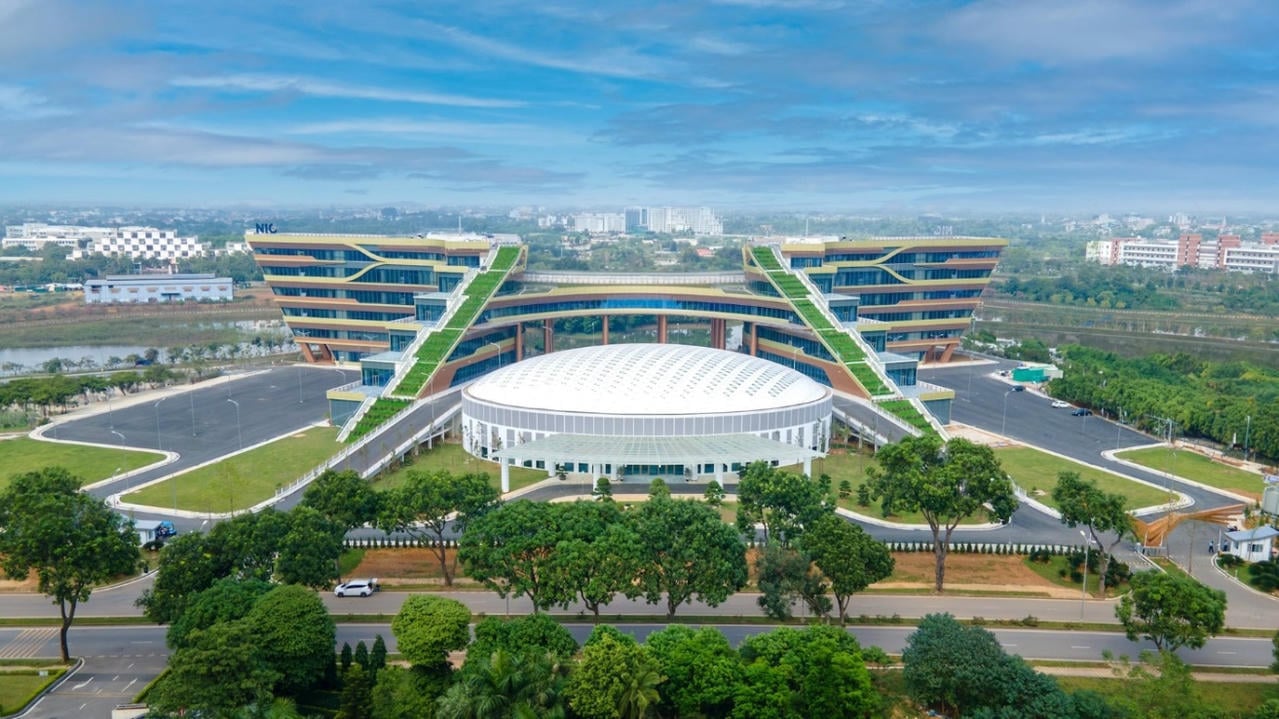
In reality, in countries with developed science and technology, their success is ultimately due to investing in creative people. A true intellectual and scientist always loves their country, their country and their people. This is the source of their desire to dedicate themselves to their work. To develop their abilities, it is necessary to create a “different” living and working environment, because they often think differently from others.
Give scientists a “problem” (issue to be solved) and let them decide how to solve it, avoiding professional intervention or micromanagement. There must be a specific, “one-stop” mechanism for returning scientists. “We cannot waste 50% of our time just doing procedures for disbursement, purchasing equipment, or applying for permits. Let us focus on the laboratory." – Dr. Tran Cong Minh (Oxford University, UK).
Sharing about the working environment in the UK, Dr. Tran Cong Minh said: We are given a very high level of academic freedom - we have full authority to decide on the research direction, how to use the budget within the project framework and build our own team.
"The working environment is based on meritocracy, transparency and minimal administrative procedures, thereby creating conditions for scientists to fully devote themselves to their expertise," said Dr. Minh.
Talented people will come if they see the opportunity to make a real contribution and work in an environment that respects scientific values. Compensation is necessary but not the decisive factor in attracting high-quality human resources. "Rolling out the red carpet with material things" without creating an attractive enough working environment ecosystem, with a place for talented people to "show off their skills", accepting differences, respecting each idea so that talented people can collaborate and develop, it will be difficult to "retain" talented people.
“Respect every invention, innovation, technical improvement, and initiative to improve work efficiency and performance, no matter how small.” “Have an open approach, apply creativity, and allow for piloting new practical problems. Accept risks, venture capital, and delays in scientific research, technology development, and innovation” – that is the “very new” and groundbreaking guiding spirit pointed out in Resolution 57-NQ/TW.
However, to build a truly dedicated and creative environment is not something that can be achieved overnight. Such an environment cannot be based on “achievement disease”, be dominated by administrative barriers or prejudices about academic titles and degrees. A creative society is one that respects the spirit of discovery, encourages unprecedented ideas, and is willing to accept risks, giving scientists the “right to be wrong”, to experiment “999 times wrong to get one right” in the journey to discover something new.
To do that, the state management agency of science and technology needs to strongly shift from administrative management thinking to creative thinking, from "strict management" to "opening the way", being a connecting center, a focal point for creativity, encouraging and supporting innovation and creativity.
The country needs "philanthropists" who are "passionate" about science and technology.
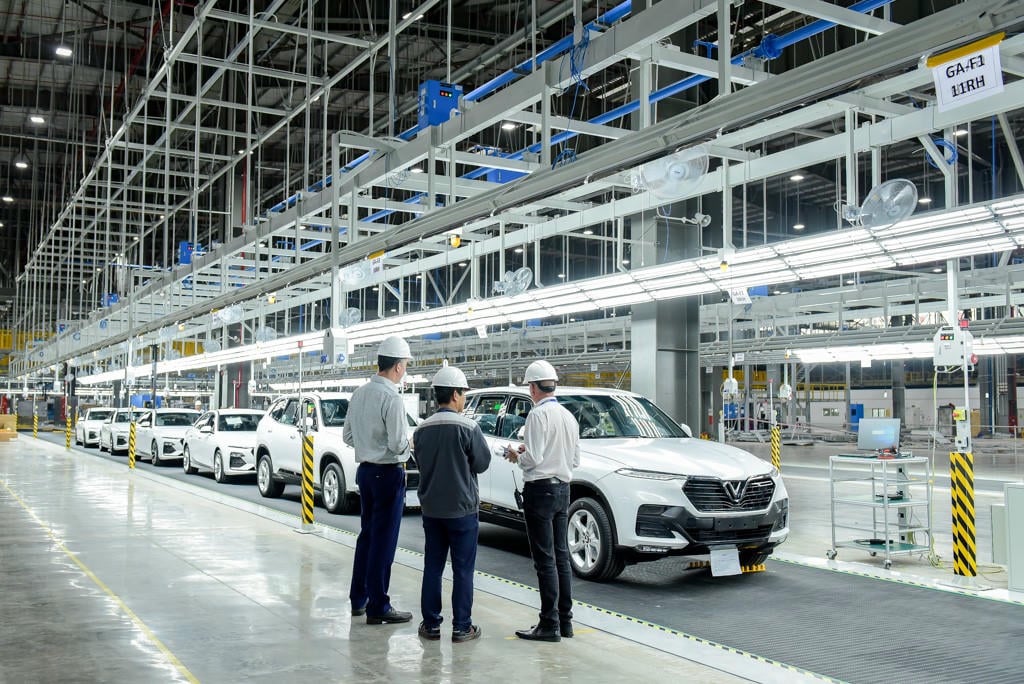
The world would not have had the genius Leonardo da Vinci if there were no “nobles” who are passionate about art and science. State resources are certainly insufficient and “limited” in investment in science and technology. Therefore, “alliance” with businesses and entrepreneurs who “love science and technology” is extremely important. When businesses become companions of science, private resources will flow into research – and science and technology talents will have a launching pad to shine.
Strengthening “the active participation of entrepreneurs, businesses and people in the development of science, technology, innovation and national digital transformation”, “People and businesses are the center, the subject, the main resource and driving force” for the development of science, technology, innovation and national digital transformation – That is the spirit set forth in Resolution 57-NQ/TW.
A strong science cannot rely solely on the state budget. In successful countries like the US, Israel or South Korea, behind large research institutes are always private enterprises, investment funds, and individuals with scientific vision and financial capacity. Vietnam needs to soon form a network of “technology philanthropists”, where businessmen join hands to invest in knowledge, technology startups and young creativity.
Specifically for the aviation industry, engineer Nguyen Hoang Cuong shared that he sees a big challenge is that state capital for developing this field is still limited. Citing private corporations such as Vingroup, when developing the automobile and high-tech industry, they have created the ability to mobilize strong private capital, helping this field develop rapidly. Or the success of Vietjet is an example, Mr. Cuong believes that if there are more private companies like that in the aviation industry, Vietnam will gradually have repair workshops, factories producing components and engines, creating opportunities for engineers and researchers abroad to have a place to return to contribute.
“Like me, now that I’m back in Vietnam, there’s no job to do. Because I work in an aircraft engine factory, which doesn’t exist in Vietnam yet. If in the future there’s a Vingroup in the aviation industry and factories spring up to produce aircraft or engines, then at that time we – engineers and scientific researchers abroad in this industry – will have a place to return to,” Mr. Cuong confided.
An "open" and flexible mechanism for talented people to contribute and give ideas
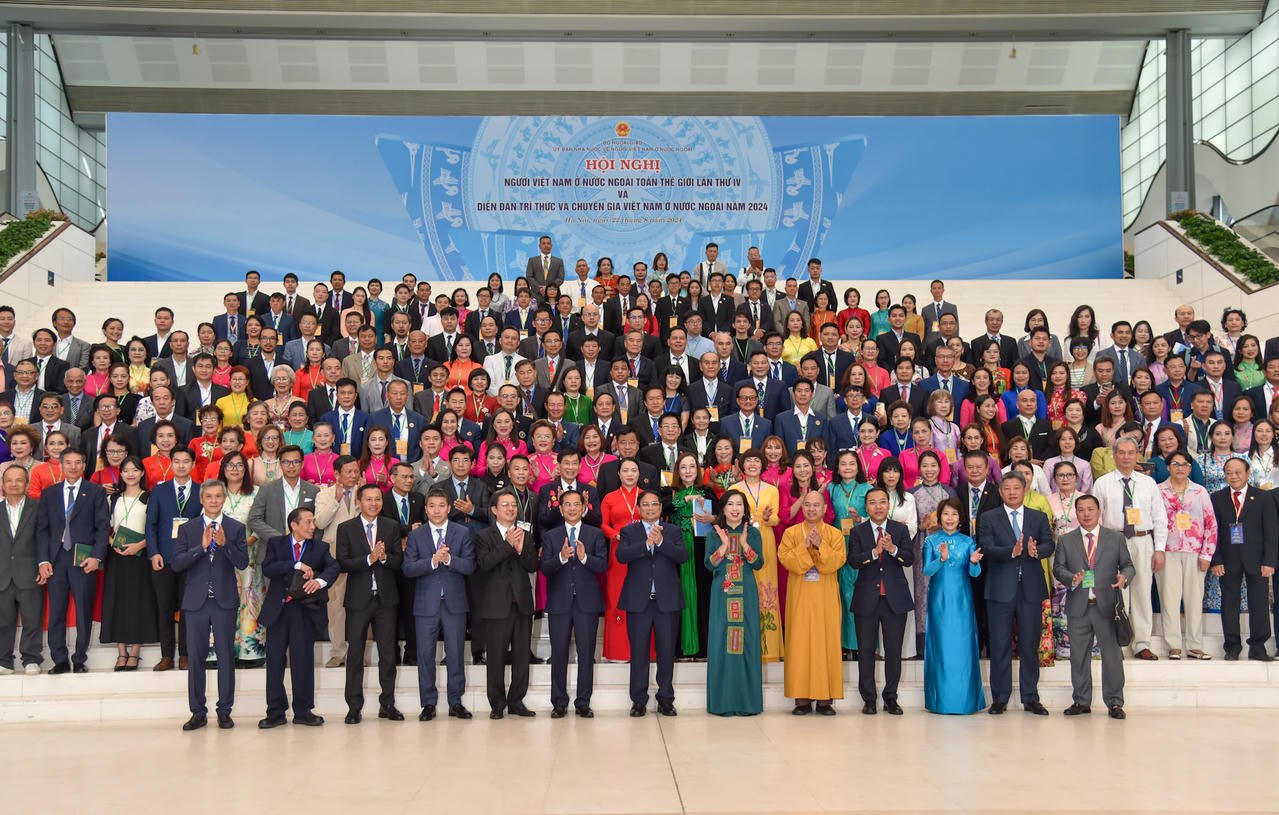
Finding talented people is difficult, but making good use of them is even more difficult. Many creative ideas or strategic criticisms do not reach their intended destination because of intermediary layers, procedures, or trust gaps. Therefore, it is necessary to establish a mechanism for criticism, consultation, and strategic advice between the scientific and technological intellectuals at home and abroad and high-level leadership agencies. There is a need for more forums for Vietnamese intellectuals and experts abroad to contribute ideas and listen.
More importantly, the lesson from President Ho Chi Minh's way of calling for, attracting and using talented people is a valuable experience. In 1946, many young overseas Vietnamese intellectuals were eager and eager to follow Uncle Ho back to serve the Fatherland, but due to the conditions at that time and taking into account the requirements of the impending resistance war, Uncle Ho chose a doctor and 3 engineers (mining, metallurgy, weapons manufacturing).
In the current context, it is impossible to make general appeals. Vietnam is entering the era of digital transformation, green economic development and innovation, so it is necessary to focus on attracting talent in fundamental and breakthrough fields such as artificial intelligence, new materials, biotechnology, clean energy, national defense, cyber security...
When we identify the right priorities, the right "bottlenecks", and the issues that the country needs, we will be able to concentrate resources, conditions, and specific mechanisms to attract and promote talents in that field, avoiding the situation of following trends or movements. It is the sobriety and correctness in this choice that determines the country's ability to go fast and far in the next decade.
In addition, in the context of globalization, “returning home” is no longer the only condition for contribution. Tens of thousands of Vietnamese intellectuals are working in research centers and large technology corporations around the world – they are valuable “knowledge capital” that the country needs to connect with. Instead of calling on them to return to live in the country, it is possible to expand the borders of contribution by building remote expert networks, collaborating on research and cross-border policy advice.
The “call” for science and technology talents is only meaningful when accompanied by trust and a real change in the way people are perceived and evaluated. Every Vietnamese person wants to contribute to their country. When talented people live in an environment where they are respected, challenged, and recognized, they will come back on their own.
Finally, the country has been opening its heart and doors to receive knowledge, awakening the desire for a strong, prosperous Vietnam. To have an independent, peaceful, stable and developed Vietnam today is the convergence of the sacred souls of the mountains and rivers, the many generations of ancestors who have contributed to "building and defending the country", how much blood and bones, how many brothers and sisters have fallen at the age of 20 to make the country green.
The country still has many difficulties, it would be a "luxury" if someone demands to meet all requirements and regimes. Returning to contribute to the homeland is not only the call of "Motherland" but also requires sacrifice, "don't ask what the Fatherland has done for us but ask what we have done for the Fatherland today" - the Tran Dai Nghia, the Vo Quy Huan of the new era for the future of the country to be prosperous and happy. (End)
Source: https://baophapluat.vn/loi-hieu-trieu-nhan-tai-khoa-hoc-cong-nghe-ve-giup-nuoc-bai-3-tieng-goi-cua-to-quoc-va-cam-ket-cua-quoc-gia.html


![[Photo] Panorama of the 2025 Community Action Awards Final Round](https://vphoto.vietnam.vn/thumb/1200x675/vietnam/resource/IMAGE/2025/11/15/1763206932975_chi-7868-jpg.webp)

![[Photo] General Secretary To Lam receives Governor of Kanagawa Province (Japan) Kuroiwa Yuji](https://vphoto.vietnam.vn/thumb/1200x675/vietnam/resource/IMAGE/2025/11/15/1763204231089_a1-bnd-7718-5559-jpg.webp)


![[Photo] General Secretary To Lam receives Vice President of Luxshare-ICT Group (China)](https://vphoto.vietnam.vn/thumb/1200x675/vietnam/resource/IMAGE/2025/11/15/1763211137119_a1-bnd-7809-8939-jpg.webp)
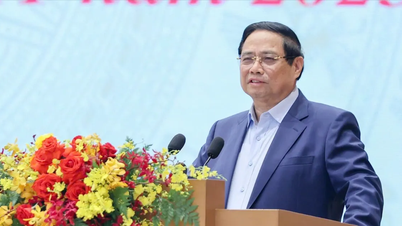

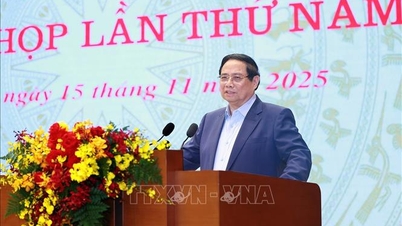

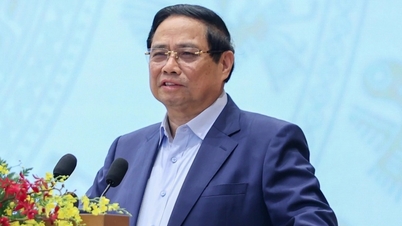

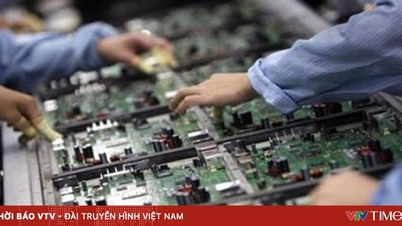


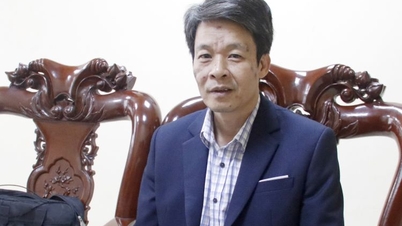
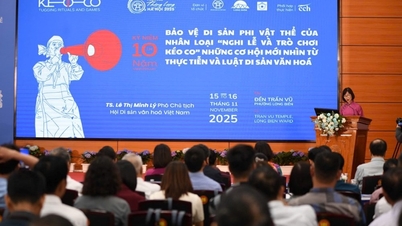

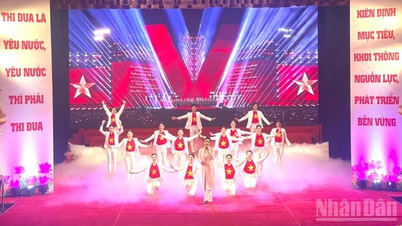


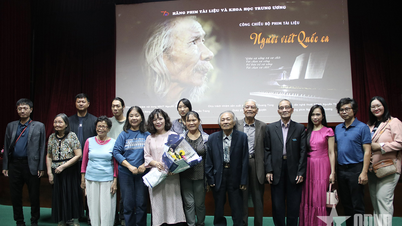

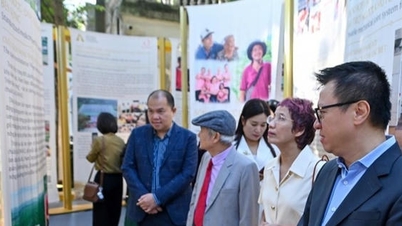
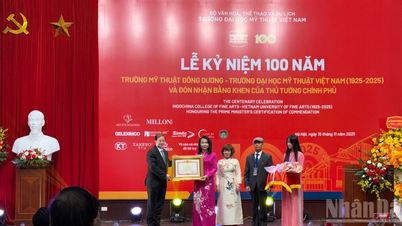





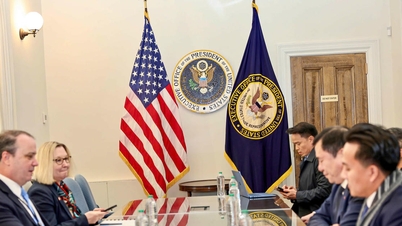

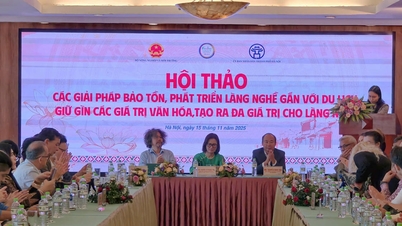
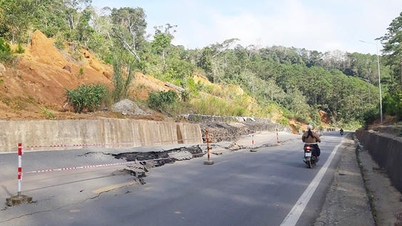
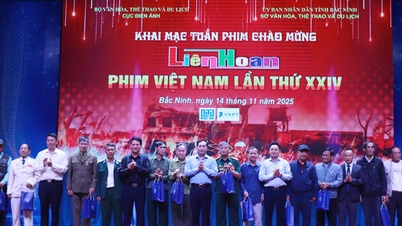




































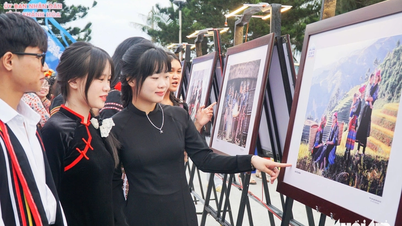



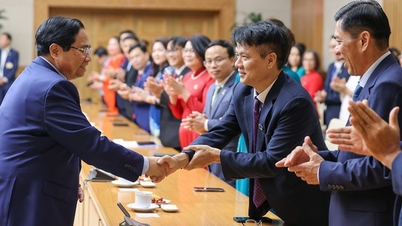
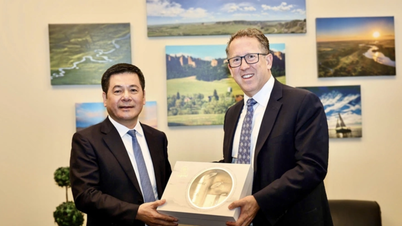


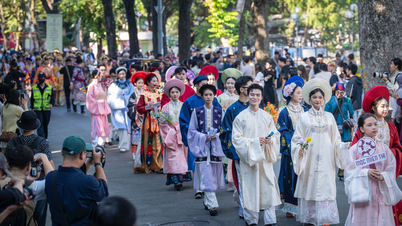
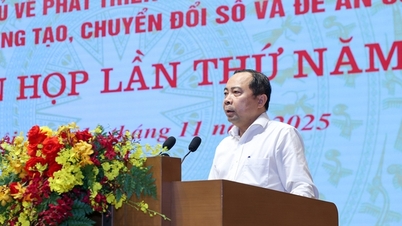

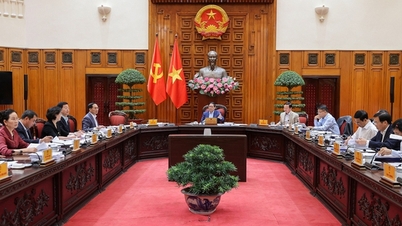
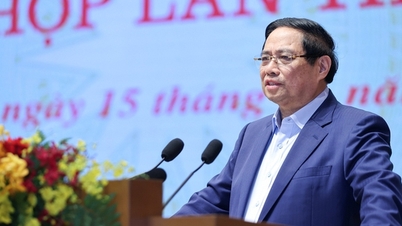
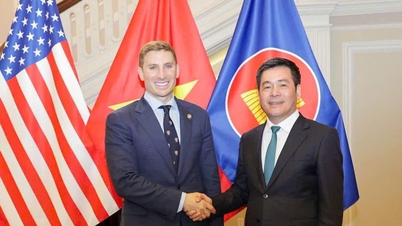


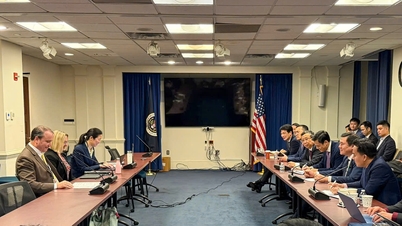
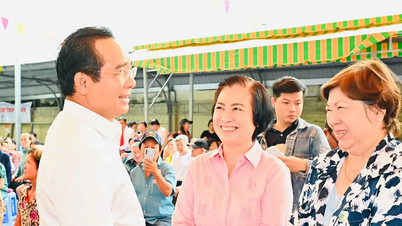


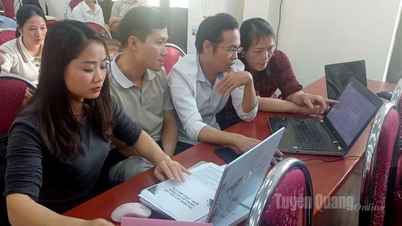

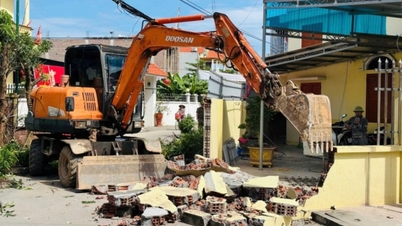
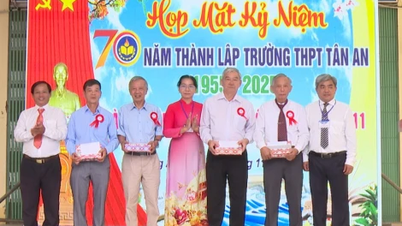

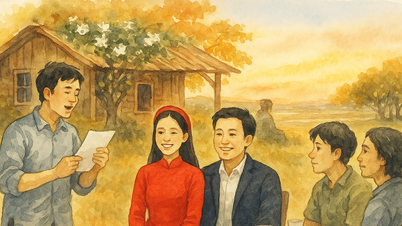








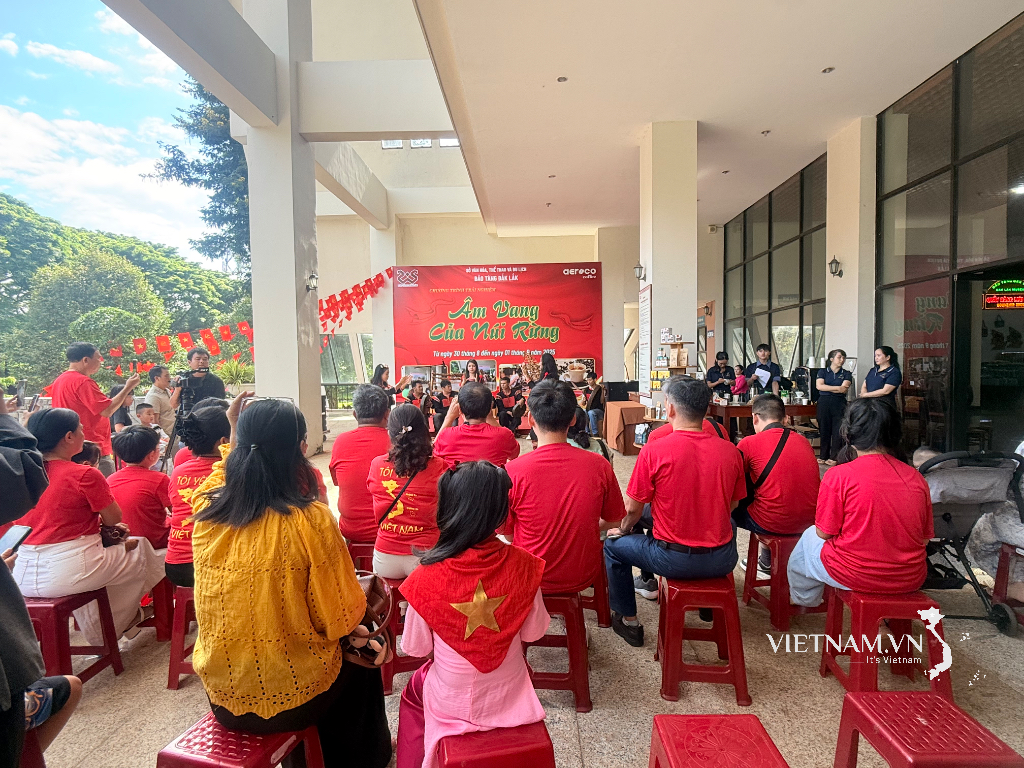


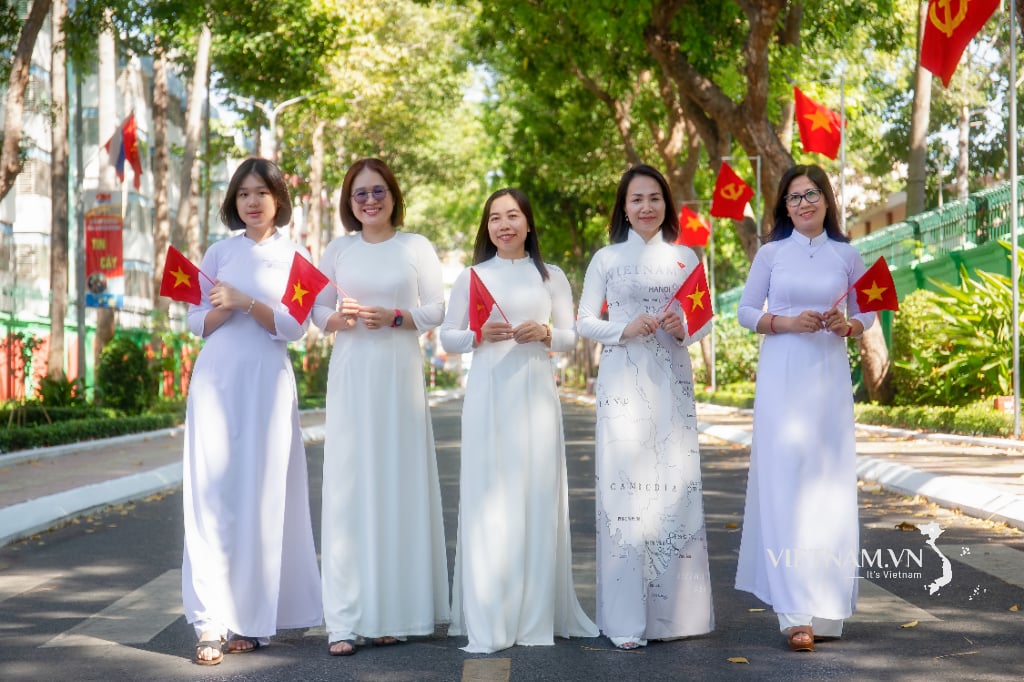
Comment (0)